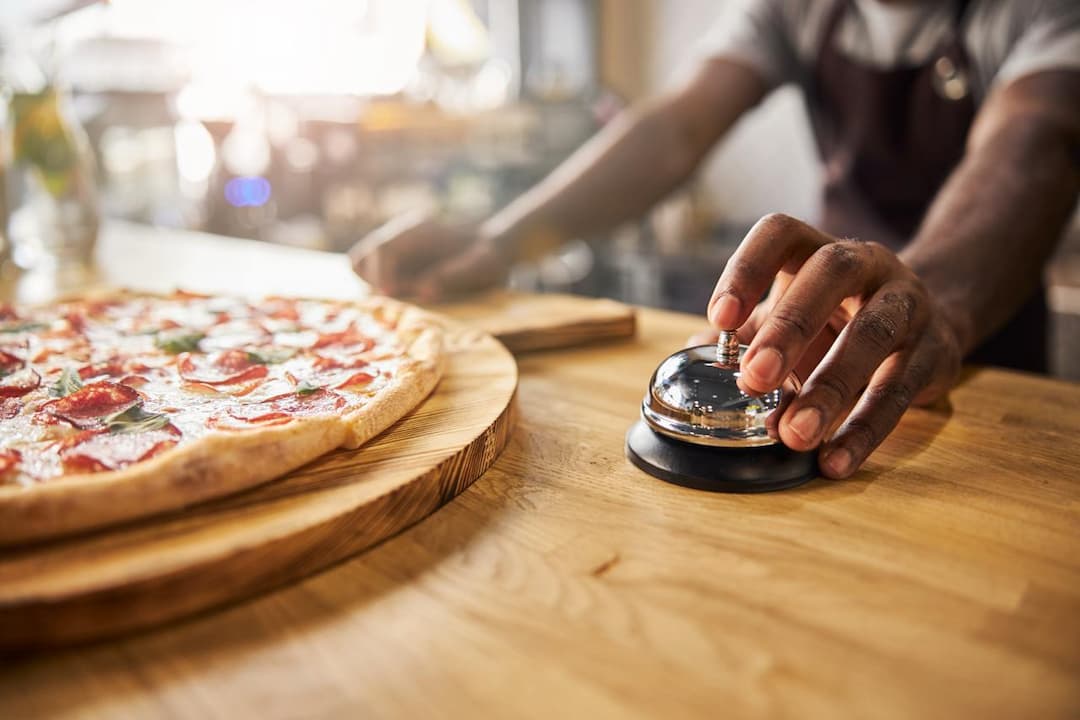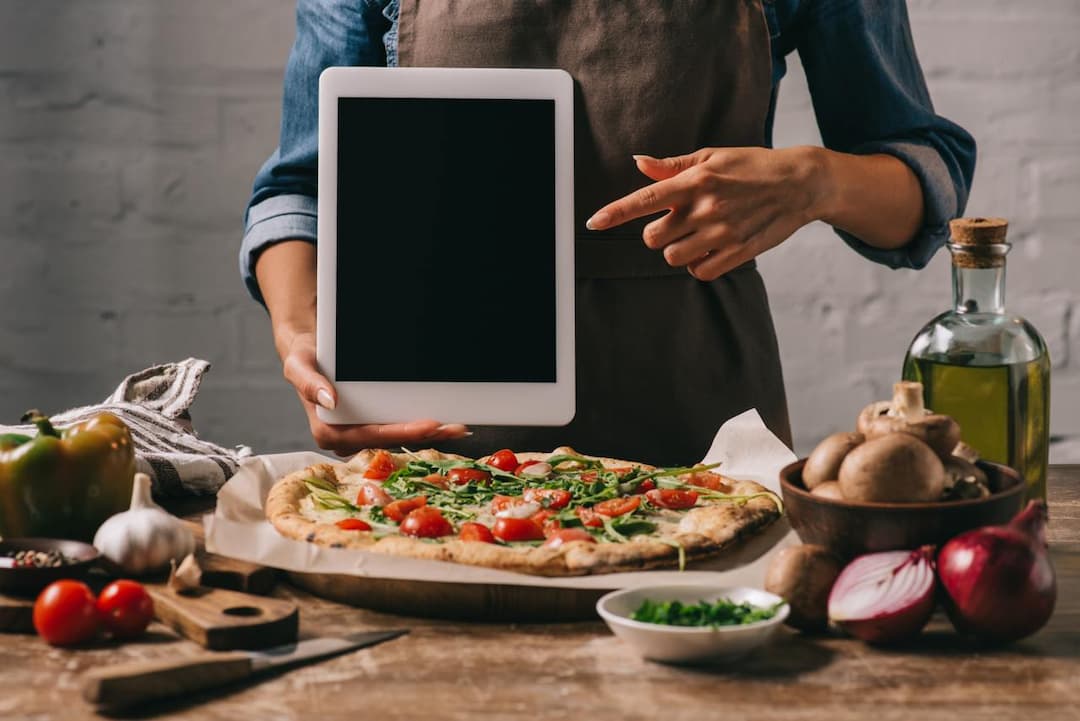How to Run a Successful Restaurant
Running a successful restaurant entails more than just serving delicious food. It requires meticulous attention to detail, efficient operations, and effective management systems. In today’s fast-paced restaurant industry, implementing a reliable Point of Sale (POS) system is paramount to achieving success. Let’s delve into the key aspects of running a thriving restaurant and why investing in a robust POS system is essential.
Understanding the Components of a Successful Restaurant
A successful restaurant is akin to a well-orchestrated symphony, with each component harmonizing to create an unforgettable dining experience. These foundational pillars serve as the building blocks upon which the restaurant’s reputation, profitability, and longevity are built. Let’s delve deeper into each of these pillars:
- Culinary Excellence: At the heart of every successful restaurant lies a commitment to culinary excellence. Offering meticulously crafted dishes made from the freshest ingredients elevates the dining experience and sets the establishment apart from the competition. A well-curated menu, characterized by innovative dishes that tantalize the palate, showcases the culinary prowess of the kitchen team and entices guests to return time and again. Consistent execution ensures that each dish meets the highest standards of taste, presentation, and quality, fostering trust and loyalty among patrons.
- Exceptional Service: Exceptional service is the hallmark of a memorable dining experience. Beyond simply delivering orders promptly, outstanding service entails creating a warm, welcoming atmosphere that makes guests feel valued and appreciated. Anticipating their needs, whether it’s recommending dishes, accommodating dietary preferences, or providing attentive care, demonstrates a commitment to exceeding expectations. By forging genuine connections with guests and ensuring their comfort and satisfaction, restaurants leave a lasting impression that encourages repeat visits and positive word-of-mouth referrals.
- Strategic Marketing: In a competitive marketplace, strategic marketing and branding initiatives are essential for capturing the attention of potential customers and differentiating the restaurant from its competitors. Leveraging digital channels such as social media, email marketing, and online review platforms amplifies visibility and fosters engagement with the target audience. Thoughtfully crafted branding communicates the restaurant’s unique identity, values, and offerings, resonating with consumers on an emotional level and building brand loyalty. Implementing loyalty programs rewards repeat business and incentivizes customer retention, further solidifying the restaurant’s position in the market.
- Efficient Operations: Efficient operations serve as the backbone of a successful restaurant, ensuring smooth and seamless service while maximizing productivity and profitability. Streamlining workflows optimizes staff efficiency and minimizes bottlenecks, allowing orders to flow seamlessly from the kitchen to the table. Effective inventory management minimizes wastage and prevents stockouts, ensuring that ingredients are used judiciously and replenished promptly. By embracing technology such as Point of Sale (POS) systems, restaurants can automate routine tasks, gather actionable insights, and streamline administrative processes, freeing up time and resources to focus on delivering exceptional dining experiences.
The Crucial Role of POS Systems
In the fast-paced environment of the restaurant industry, where precision and speed are paramount, Point of Sale (POS) systems emerge as indispensable tools that underpin operational efficiency and drive success. These systems serve as the central nervous system of restaurant operations, facilitating a multitude of functions that streamline processes, optimize resource utilization, inform strategic decisions, nurture customer relationships, and adapt to evolving consumer preferences. Let’s delve deeper into the pivotal role of POS systems:
- Streamlining Operations: POS systems revolutionize order management by providing a seamless platform for servers to input orders directly, eliminating cumbersome paper-based processes and minimizing errors. This streamlined approach expedites service, reduces wait times, and fosters smoother communication between front-of-house and back-of-house staff, ensuring a cohesive dining experience for patrons.
- Efficient Inventory Management: By offering real-time tracking of inventory levels, POS systems empower restaurants to maintain optimal stock levels and prevent costly stockouts. Automatic alerts for low inventory prompt timely replenishment, minimizing waste and optimizing supply chain management. This proactive approach not only reduces food waste but also enhances profitability by ensuring that ingredients are utilized efficiently.
- Informed Decision-Making: Modern POS systems are equipped with advanced analytics and reporting tools that provide valuable insights into key performance metrics such as sales trends, popular menu items, and peak hours of operation. Armed with this data, restaurant owners can make informed decisions about menu changes, pricing strategies, and staffing levels, enabling them to adapt swiftly to market dynamics and stay ahead of the competition.
- Enhanced Customer Relationships: Some POS systems incorporate Customer Relationship Management (CRM) features, allowing restaurants to personalize interactions with guests and cultivate stronger bonds. From tracking individual preferences to managing loyalty programs, CRM capabilities enable restaurants to deliver tailored experiences that resonate with customers, fostering loyalty and driving repeat business.
- Integration with Online Ordering Platforms: In an era dominated by digital convenience, POS systems that seamlessly integrate with online ordering and delivery platforms provide a competitive edge. This integration extends the restaurant’s reach beyond its physical location, enabling customers to enjoy a cohesive experience whether they dine in or order takeout. By capitalizing on online channels, restaurants can expand revenue streams, attract new customers, and adapt to changing consumer behavior.
Choosing the Right POS System
Selecting the right POS system is critical for maximizing its benefits. Factors to consider include the size and type of restaurant, budget constraints, scalability, and integration capabilities. Conducting thorough research, seeking recommendations, and requesting demos can help restaurant owners make informed decisions. When it comes to efficient POS systems, Adora POS stands out as the premier choice for restaurants. We offer a comprehensive suite of features designed to streamline every aspect of your business. Our cloud-compatible systems provide real-time access to critical information, ensuring flexibility and freedom for you and your team. From enterprise management to online ordering, bar management, delivery logistics, QR code ordering, hassle-free payments, and even self-ordering kiosks, Adora delivers unparalleled efficiency and innovation. We invite you to invest in the best POS system for restaurants—schedule a free demo with our team at Adora POS today. Discover how our state-of-the-art technology can transform your restaurant’s operations, enhance customer satisfaction, and drive increased profitability.




